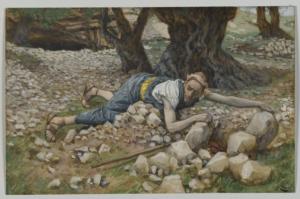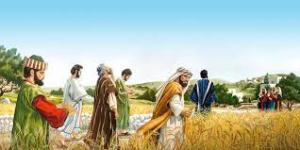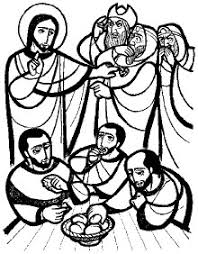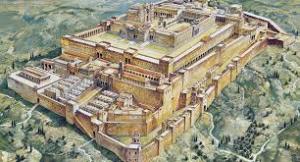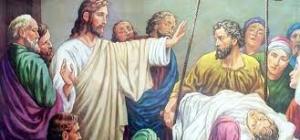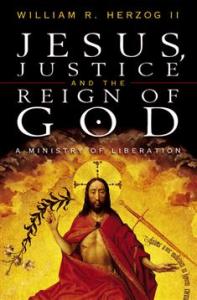These essays on William R. Herzog’s Jesus Justice and the Reign of God have delved into Jesus’ politics and economics. They showed Jesus taking the side of peasants and landless laborers in their struggles under economic, political, and religious oppressors. Jesus castigated these latter groups for not acting justly toward the poor. But what about personal morality? Surely Jesus also expected peasants to act justly in their village lives even as pressures from power centers made that life difficult. Did... Read more



